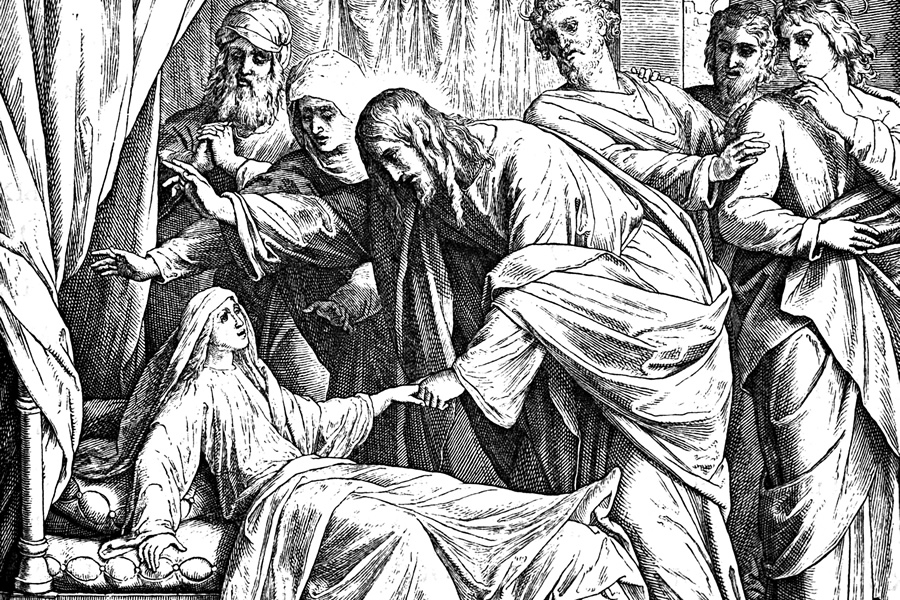
The Faith of Jairus
06-30-2024Weekly ReflectionReflection from mycatholic.lifeJairus was the leader of the synagogue in Capernaum. In that position, he would have been pressured to be in opposition to Jesus. But his daughter was ill, and his daughter was more important to him than the opinions of the other religious leaders of the time. So he humbly came to Jesus by himself, fell at Jesus’ feet and pleaded with Him to heal his daughter. Jairus makes two acts of faith in Jesus. The first was his request that Jesus heal his infirmed daughter. But the second took even more faith. On the journey with Jesus to see his daughter, he received the sorrowful news that his daughter had died.
READ MORE
On the Great Care We Should Take in Preparing to Receive Christ in Holy Communion
06-23-2024Weekly ReflectionThe Imitation of Christ, Book IV, pg. 248—Thomas à KempisThe Beloved: I am a lover of purity and the giver of all holiness. It is a pure heart that I look for; that is the place in which I rest. Make ready for me a large upper room, furnished; there will I and my disciples eat the Paschal meal with you... Everyone who loves another makes ready for that beloved friend of his the best and most beautiful room he has; in so doing he shews his loving joy at welcoming his friend to his home.
READ MORE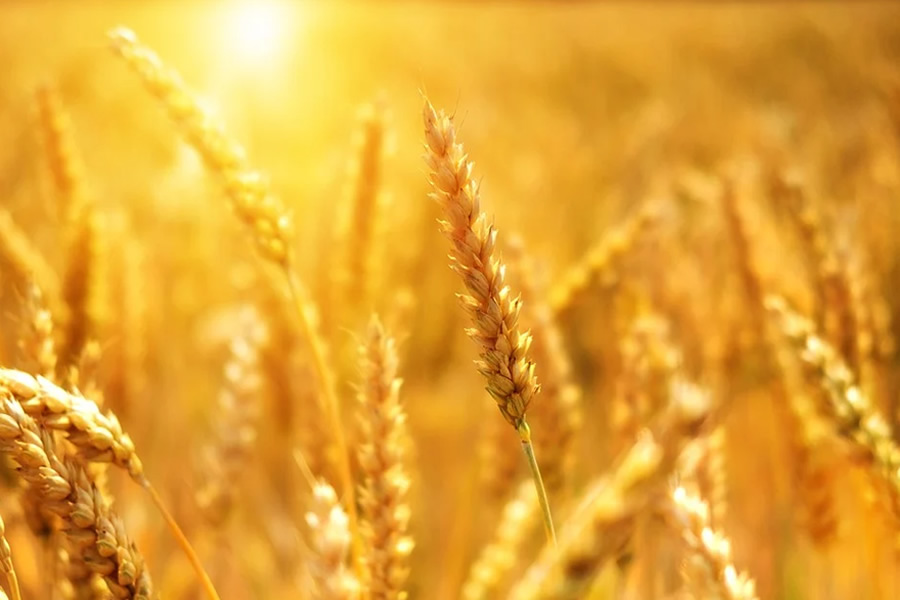
Guided by the Spirit of Truth
06-16-2024Weekly ReflectionReflection from mycatholic.lifeO Spirit of truth, make me know your Word; teach me to remember all he has said; enlighten me, guide me, make me conformable to Jesus as an alter Christus, another Christ, by giving me his virtues, especially his patience, humility, and obedience; let me take part in his redemptive work by making me understand and love the cross.
READ MORE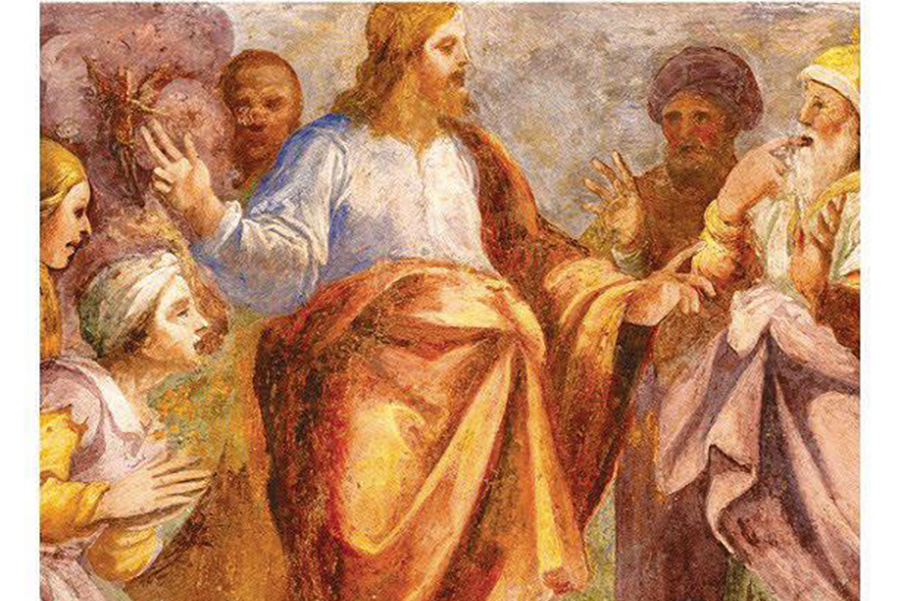
Sincere Repentance
06-09-2024Weekly ReflectionReflection from mycatholic.life“Amen, I say to you, all sins and all blasphemies that people utter will be forgiven them. But whoever blasphemes against the Holy Spirit will never have forgiveness, but is guilty of an everlasting sin.” For they had said, “He has an unclean spirit.” Mark 3:28–30
Jesus spoke these words to the crowds who had gathered around His home in Capernaum because two groups of people had just spoken very critically of Him in a public way. First, some of His extended family arrived and said to everyone, “He is out of his mind.” And then some of the scribes from Jerusalem said, “He is possessed by Beelzebul.”
READ MORE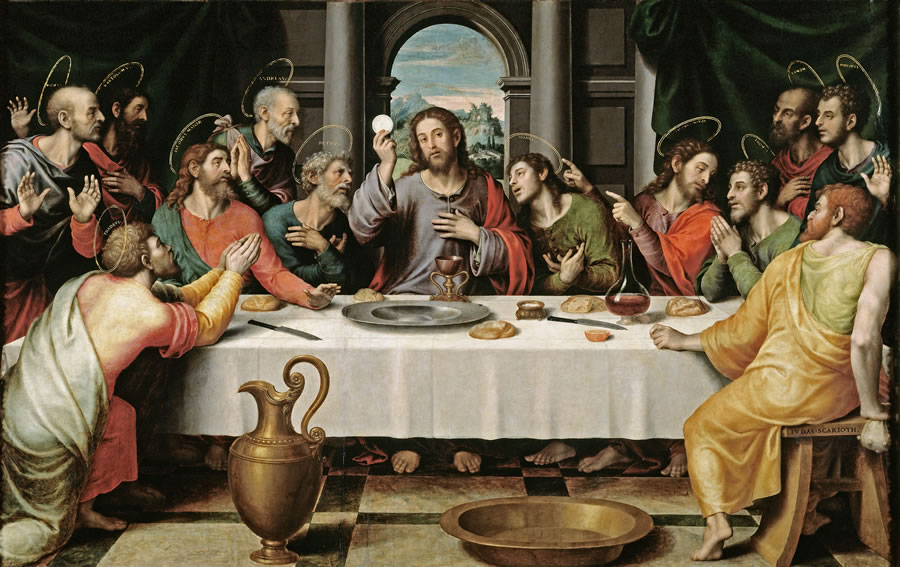
Wonder & Awe Before the Eucharist
06-02-2024Weekly ReflectionReflection from mycatholic.lifeAt the holy Mass, as soon as the priest pronounces the words of the consecration, transforming the bread and wine into the Body and Blood, Soul and Divinity of Jesus Christ our Lord, he genuflects, rises, and then says, “The mystery of faith.” What is “the mystery of faith?” Oftentimes, when we say that something is a mystery, we mean that the conclusion is hidden but that there are certain clues to help solve the mystery. And once the mystery is solved, everything is clear and it is no longer a mystery.
READ MORE
The Essence of the Most Holy Trinity
05-26-2024Weekly ReflectionReflection from mycatholic.lifeOf all the great feasts we celebrate within the Church throughout the year, today’s Solemnity presents us with a Mystery that is so deep and transcendent that our eternity will be spent in perpetual contemplation. The Trinity, the life of the Father, Son and Holy Spirit, will never get old, never be fully understood, and will be the cause of our everlasting adoration and joy.
READ MORE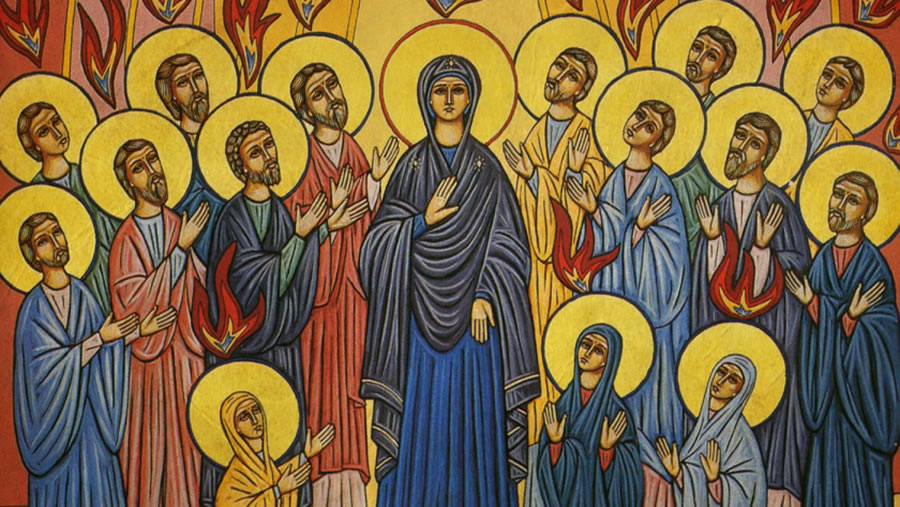
Reconciled & Filled By The Holy Spirit
05-19-2024Weekly ReflectionReflection from mycatholic.lifeHappy Pentecost! Today, throughout the world, our Church celebrates the full outpouring of the Holy Spirit upon Jesus’ first followers and upon all of us. Why do we need the Holy Spirit in our lives? This is an important question to ponder. Today, as always, the Father, Son and Holy Spirit work as One God. It is the Father Who wills that we be reconciled to Him; it was the Son Who made this reconciliation possible; and it is the Holy Spirit Who now accomplishes the completion of this act in our lives.
READ MORE
Consecrated In The Truth
05-12-2024Weekly ReflectionReflection from mycatholic.lifeConsecrate them in the truth. Your word is truth. As you sent me into the world, so I sent them into the world. And I consecrate myself for them, so that they also may be consecrated in truth.” John 17:17–19
What does it mean to “consecrate” something or someone? Consecration is, of course, a very familiar term within our faith. We speak of the bread and wine being consecrated and becoming the Body, Blood, Soul and Divinity of Jesus our Lord. The consecration of the mere earthly substances of bread and wine transform them into God Himself. Thus, “consecration” is a powerful word.
READ MORE
Friendship With God
05-05-2024Weekly ReflectionReflection from mycatholic.lifeJesus says, “You are my friends if you do what I command you.” Is that the measure of true friendship? That we do what our friend commands us to do? That depends upon which friend we are speaking about. There are many images we use for God. We call Him Father, Savior, Master, Lord, King, Redeemer, Spirit and Friend. Jesus’ friendship is not one that simply makes us “buddies.” Friendship with our Lord is not the same as a friendship between two equals. He is God. And because He is God, our friendship with Him takes on unique characteristics. With that said, there could be no greater friend than the Lord Himself.
READ MORE
Seeking to be Pruned
04-28-2024Weekly ReflectionReflection from mycatholic.lifePruning a vine is an important part of helping it to grow and produce not only more fruit but the best fruit. If left unpruned, a grape vine will eventually produce less fruit and poorer quality fruit. Good pruning helps to direct the nourishment of the vine to the new buds that are most fruitful. Jesus’ teaching above uses the imagery of pruning a vine to help us understand that faith must lead to charity.
READ MORE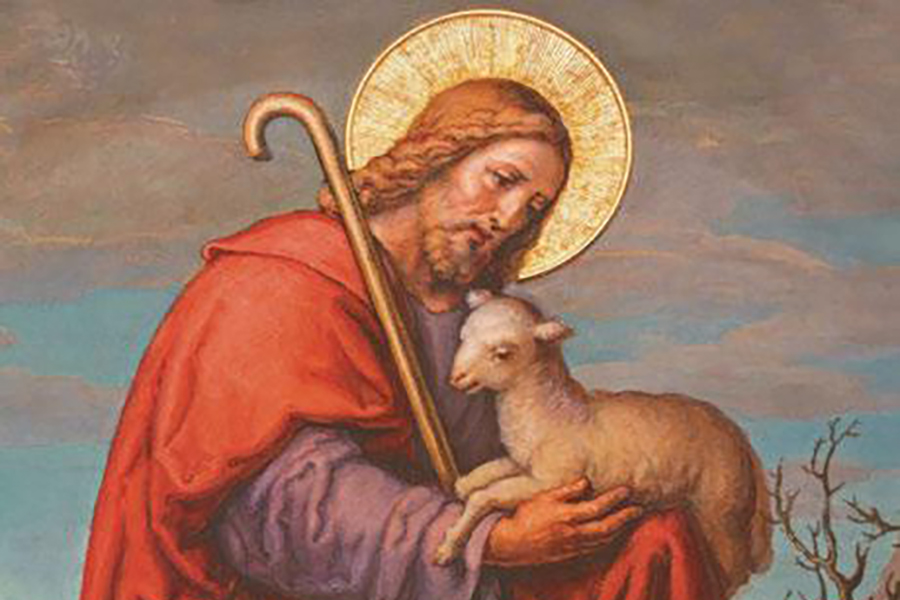
I Am the Good Shepherd
04-21-2024Weekly ReflectionReflection from mycatholic.lifeToday, on the Fourth Sunday of Easter, we celebrate Good Shepherd Sunday. It is a day when we reflect upon the tender image of Jesus as the Shepherd of us all. It is also a day set aside to pray for more shepherds within our Church who will shepherd God’s flock with the Heart of Christ. Our Gospel passage comes from John 10 which, in part, is a commentary on the previous chapter that includes the long and detailed story of the healing of the blind man. Recall that Jesus healed this man who was blind from birth. He did this healing “so that the works of God might be made visible through him.”
READ MORE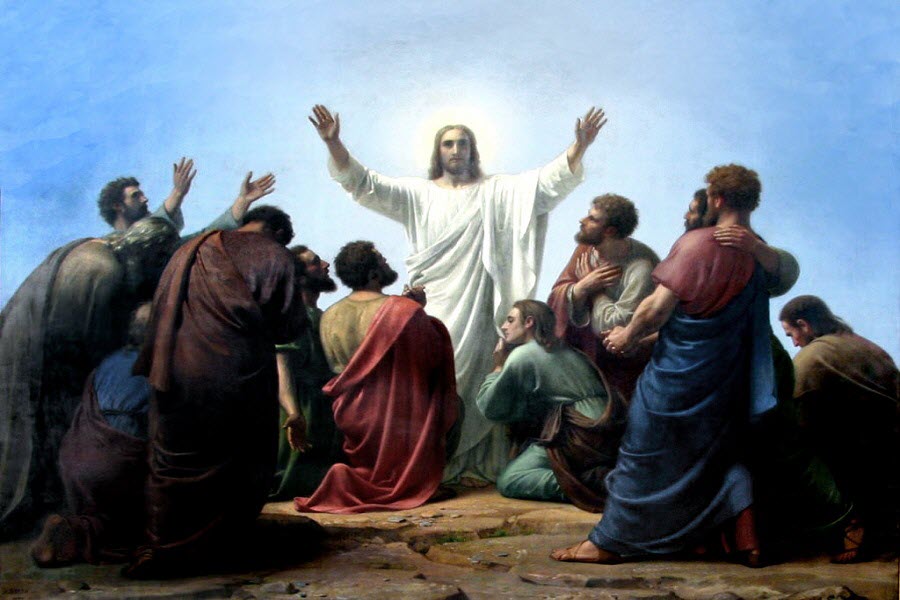
Spiritual Knowledge From Within
04-14-2024Weekly ReflectionReflection from mycatholic.lifeImagine if Jesus appeared to you. What if He showed you the wounds in His hands and feet and invited you to touch Him so as to believe. Would you believe? It would be the beginning of an experience that could be life-changing, just as it was for these disciples. Our Lord’s appearance to the disciples led to their transformation from men who were confused and doubtful to men who were filled with joy and zeal.
READ MORE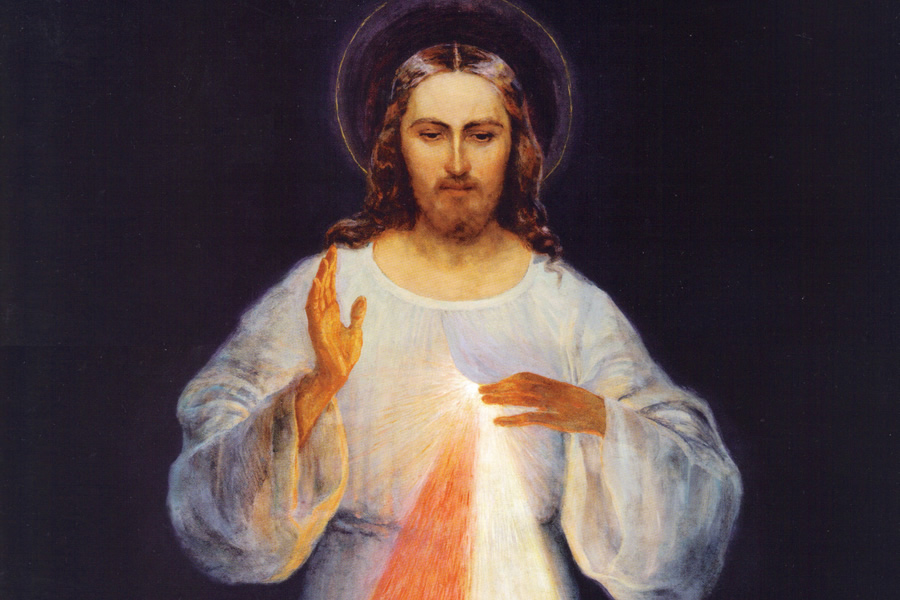
Eternal Contemplation of God's Mercy
04-07-2024Weekly ReflectionReflection from mycatholic.lifeWhat will it be like to contemplate the love and mercy of God for all eternity? To some, this might not at first seem that appealing. Won’t it become boring if all we do for all eternity is contemplate God’s mercy? If that is a question that resonates with you, then the reason this idea initially lacks appeal is because you cannot fathom how fulfilling and glorious this will be.
READ MORE